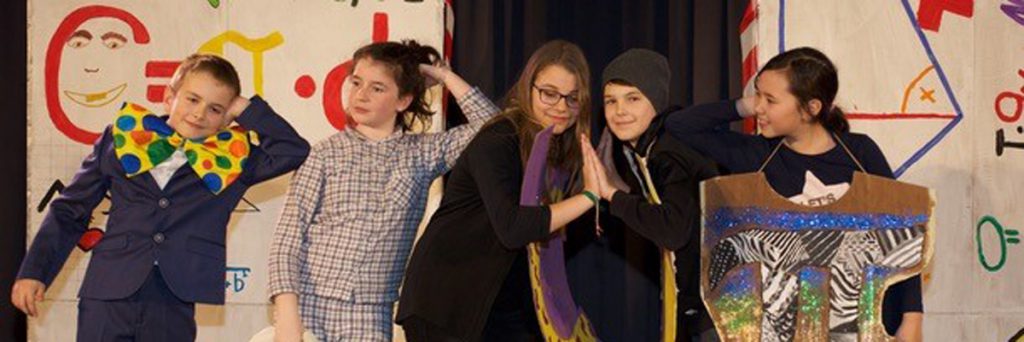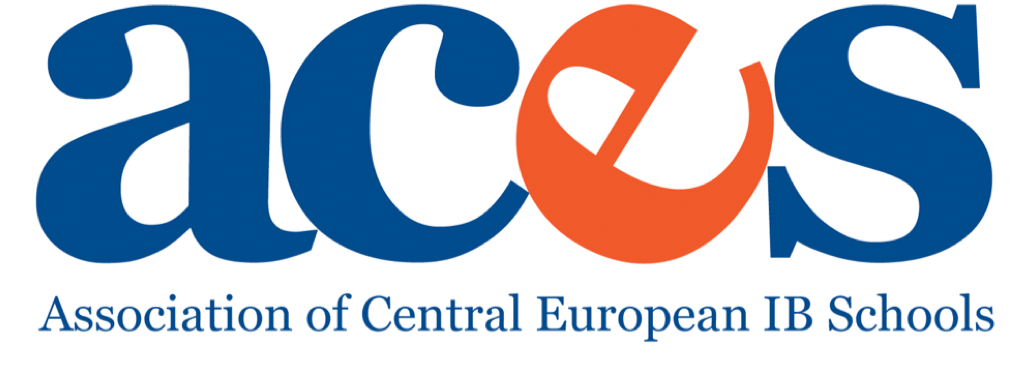The LISA theater programme is dedicated to expanding students’ personal boundaries through theatrical exercises, rehearsals, and performances. The classes support students’ language learning with activities that emphasize creativity of expression, both linguistic and physical. Students learn how to present themselves confidently in front of groups, how to adapt and respond to new situations, and how to reflect critically. The classes work to build a team mentality even as they encourage individual growth.
During the first four years, the classes focus on students’ voice, movement, and general presentation on the stage. Students participate in at least two full theater productions. Students’ creativity is encouraged weekly through story creation and improvisation. There is also a strong emphasis on teamwork; we find theater classes are ideal for teaching mutual respect and tolerance for one another. The syllabi vary depending on the needs of the individual students and classes, and might include emphasis on such themes as social learning, language skills, and/or comportment. The performance styles are also flexible according to the skills and interest of the class, and may involve the performance of a scripted play, writing and performing an original production, performance of a radio play, pantomime, or a sampling of scenes. We try to involve the upper level students as much as possible in the younger classes’ performances as a way to encourage tutelage and friendships across grade levels.

The upper level classes begin to refine students’ dramatic skills. Larger productions, more challenging prompts, complex performance scenarios, various acting styles and leadership roles during productions characterize the upper form theater experience. During the 5th and 6th years, students are prepared for directing their own pieces through a general study of acting styles that may include realist and Epic theater performance, Theater of the Oppressed exercises, and a full production of an extant play. Students are also taught auditioning skills, which apply to theater productions as well as interviews and presentations. Students acquire more responsibility during productions to prepare them for their experience in the International Baccalaureate (IB) theater programme.
The 7th and 8th grade years are generally dictated by the IB syllabus. Students take over production responsibilities themselves by directing and designing their own plays. The core classes focus on the practical application of theories and philosophies learned during the IB higher level and standard level courses. Students enrolled in the HL/SL course then explore these theater theorists and genres in depth, while developing their own directorial and design styles. The IB students must complete various projects during the course of their IB studies, including a research investigation, a playwriting exercise, a practical project (e.g. the production of a play, creation of a costume, lighting design) and a presentation.
Ultimately, the theater courses at the LISA work towards developing an independence both on stage and backstage. We hope to expand students’ understanding of theater arts so that our students can enjoy a lifelong appreciation for the theater.





